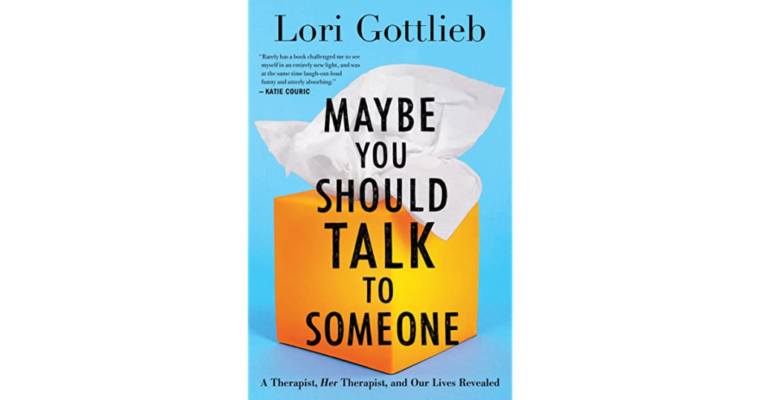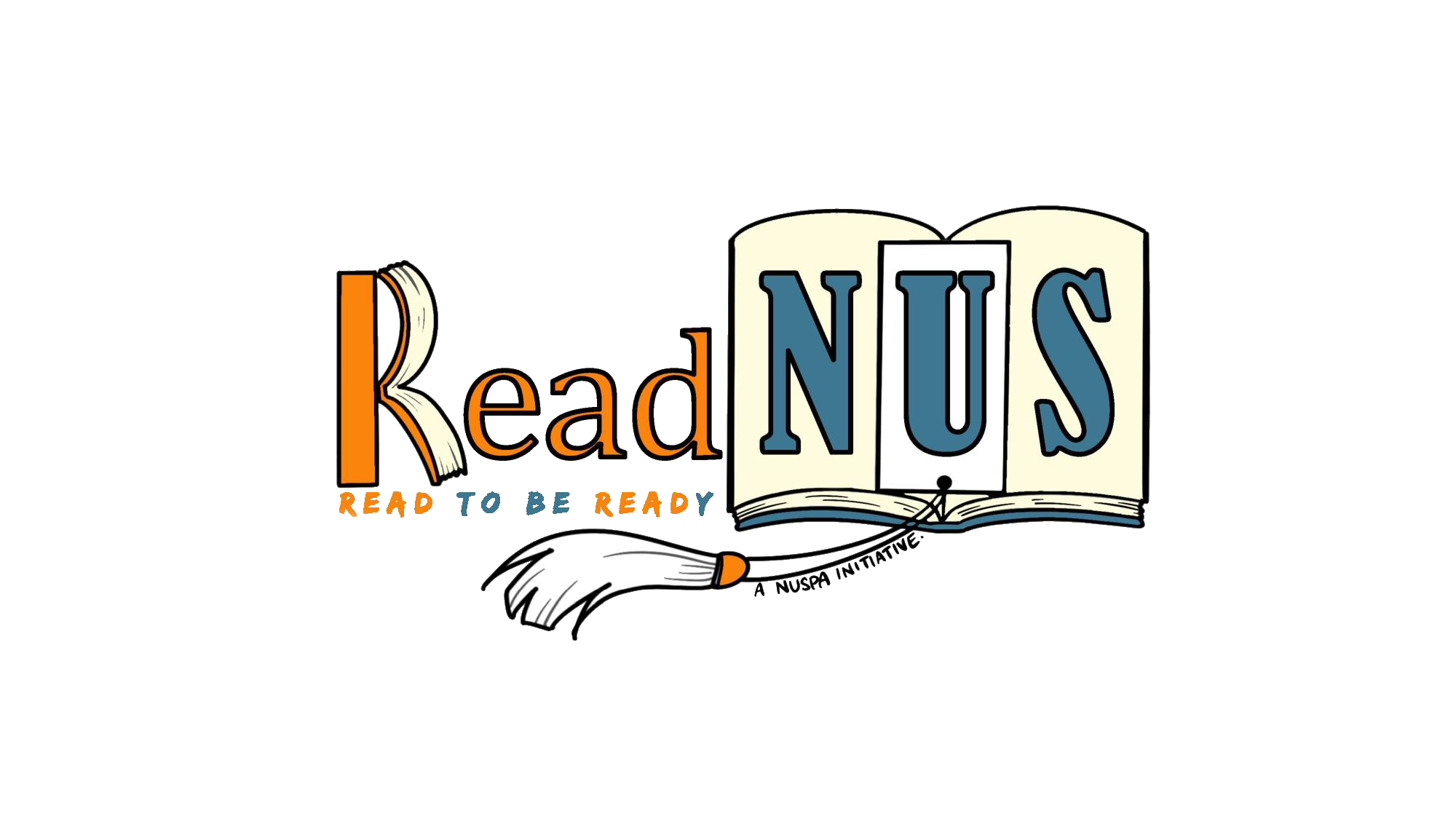What makes a favourite book?
What makes something our favourite? Maybe it has to be the best of its kind to us — but are such superlatives oxymoronic when paired when first-person pronouns?
The value of favourites also varies from one person to another: One person’s favourite shirt could be their most worn article of clothing, one so well worn and often washed that it is slowly losing its original colour. To another, however, their favourite shirt is one that is well-protected in their closet, behind other tops they’d pick instead of it.
Crucially, there is no universal answer to the metrics behind what makes something someone’s favourite. I find that pinning down the basis of judgement is even tougher when it comes to art. Someone’s favourite book or work could be chosen based on a range of reasons, like its plot, its writing style or execution, its pacing, or its purpose. When I ask my friends what their favourite film is, they often describe it as having either the most exciting sequence of events or the most beautiful shots they have seen. But perhaps all these reasons point to an answer that is much simpler.
What it does for you
When I used to be part of a school choir, I remember experiencing an epiphanic moment when the conductor was giving advice to a member: Holding his fingers in front of his face to demonstrate a drinking straw, he told her to imagine herself singing through a thin, hollow plastic tube. It was unlikely that she had ever literally projected her voice into a straw — but the simple advice he gave her transformed her voice, even though none of us — including the singer herself — really knew what lay behind the technical difference in her way of singing.
What truly matters, then, is what the object in question does for you: What is valuable and meaningful about our experiences is personal to us; it does not take the most epiphanic advice to make your favourite self-help book (also touched on briefly in Nicole’s article), and it does not take the most extraordinary plot — one decked with plot twists and unimaginable revelations — to make your favourite fictional story.

I recall being rather muddle-headed when I first started reading Lori Gottlieb’s Maybe You Should Talk To Someone a few years back. I had arrived at a destination much earlier than expected and my shoes were uncomfortable enough to force me to find a seat while I waited for my company to arrive. Seeing that the book was available on the NLB Mobile App, I started reading it without high expectations.
That I reached a better headspace after a few days — coinciding with the amount of time I took to finish the book — does not immediately give all credit to the book. While there were certainly a few pages here and there that struck a chord in me, I think the reason I now call it one of my favourite books is not that it miraculously and single-handedly released me from a sense of dispiritedness. Rather, there is a certain simple bias I have towards it because of the time and place it happened to become associated with.
I suspect that is why many people’s favourite songs are often those that tide them through their toughest periods, or the songs that conjure the most palpable sense of nostalgia associated with their youth. Maybe, then, what lies behind these works or objects that we call our favourite — songs that have the most pleasing tune and books that bring the most comfort — is the way they accompany us and attach to us in a way only we understand.
By: Shannon Ling
